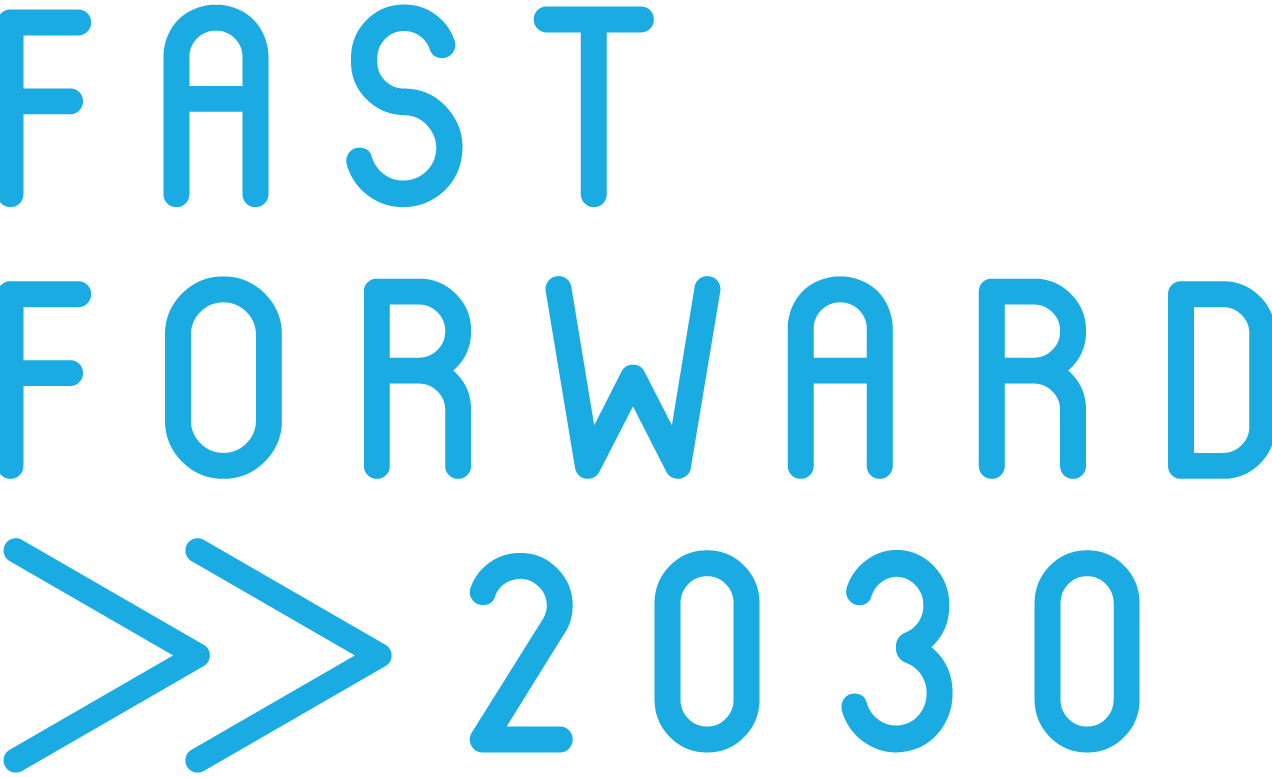Reflections on Ending Fossil Fuel Subsidies: The Politics of Saving the Planet by Neil McCulloch
Last week, I attended the IGP book club to talk with Neil McCulloch, author of Ending Fossil Fuel Subsidies: The Politics of Saving the Planet. Neil introduced his work with a clear overview, followed by a Q&A where we discussed the complexities of phasing out fossil fuel subsidies, the need for context-specific political strategies, and the role of global cooperation.
IGP BookClub - 6th of May at the Glided Acorn Bookshop
What stuck with me wasn’t just the data; it was the story he shared about a photo sent to him that morning: seawater lapping at the doorstep of a coastal home. When certain politicians and interest groups frame climate change as a distant threat to polar bears for their own gain, the reality is far more urgent: it’s already breaking down our doors.
Neil’s book transforms the dry term “fossil fuel subsidies” into something visceral, weaving policy with human stories of survival.
We’ve Been Paying for Our Own Destruction
The $5.9 trillion in global fossil fuel subsidies (IMF, 2020, p.19) act like a ‘prescription for a chronic disease’ for the planet, increasing pollution and climate chaos by keeping dirty energy artificially cheap. These aren’t just handouts to oil giants, they’re hidden in tax breaks, suppressed energy prices, and debt-fueled schemes that make pollution feel “normal.”
The cruel irony? Subsidies are often sold as “helping the poor,” but the reality is stark:
In the U.S., oil companies deduct ‘intangible drilling costs’ (e.g., $1.59 billion in 2017) from taxes, money that could fund schools or hospitals (p.9, Table 2.1).
In Indonesia, fuel subsidies once consumed a significant portion of the national budget—around 18% in recent years (p. 5), and benefited the rich far more than the poor. In 2014, President Jokowi reduced gasoline subsidies and redirected the savings toward social programs, such as healthcare and education, demonstrating that reform can succeed when it prioritises people's needs (p. 57).
Reform Isn’t a Slogan - It’s a Ground Game
The book’s power lies in its messy, real-world lessons:
Iran attempted to cushion fuel price hikes with cash transfers in 2010, but corruption and inflation escalated when half the payments went to “ghost beneficiaries” (p. 60).
France’s diesel tax revolt (“Yellow Vests”) erupted because ordinary French working people felt ignored, a reminder that even well-intentioned policies can fail without empathy (p. 40).
But hope shines through too:
Ghana phased out subsidies in 2015 but retained affordable fuel for low-income Ghanaians, a compromise that balanced reform with community needs (p. 60-61).
El Salvador replaced gas subsidies with targeted electricity vouchers, rebuilding trust through transparency (p.61-63).
“There’s no one-size-fits-all fix,” Neil emphasised. “The question is: How do we redirect money from oil wells back into people’s lives?”. Neil stressed that successful reforms must align with local political economies.
This Isn’t a Policy Manual. It’s a Call to Action
Question your energy bill: In the EU, €50 billion a year in diesel tax breaks flow to industries, not to families (p. 63). Ask: Who profits from my payment?
Spot greenwashing: While oil giants like Exxon and Shell reported record profits in 2021 (p. 83), the U.S. fossil fuel lobby spent $4.46 billion over two decades to block climate legislation (p. 38).
Demand transparency: Lebanon’s energy crisis shows what happens when decisions are made in backrooms. As Neil writes: “Do not let the decisions about fossil fuel subsidies-about your energy future and the use of your money-be taken behind closed doors.” (p.100).
This book isn’t about numbers, it’s about rewriting the hidden contract between power and survival. When we talk about ending subsidies, we’re fighting for breathable air, accountable governments, and a world where coral reefs still exist for our kids.
At the end of the talk, when I asked if he felt pessimistic about the lack of progress over the years, he paused, then smiled. “Look at what humanity achieved in the last century. We’re capable of radical change. I choose to be stubbornly hopeful.” The fight against fossil fuels isn’t a footnote in history, it’s the chapter we’re writing right now. And every one of us holds a pen. Let’s move beyond rhetoric. Share this book, challenge policymakers, and hold corporations accountable.
(The stories here only scratch the surface. Grab the book for the whole, gripping journey.)
#ClimateAction #EnergyPolicy #EnergyTransition #PoliticalEconomy
All data and case studies referenced are from Neil McCulloch’s 2023 book Ending Fossil Fuel Subsidies (Practical Action Publishing). Page numbers indicate specific examples.


